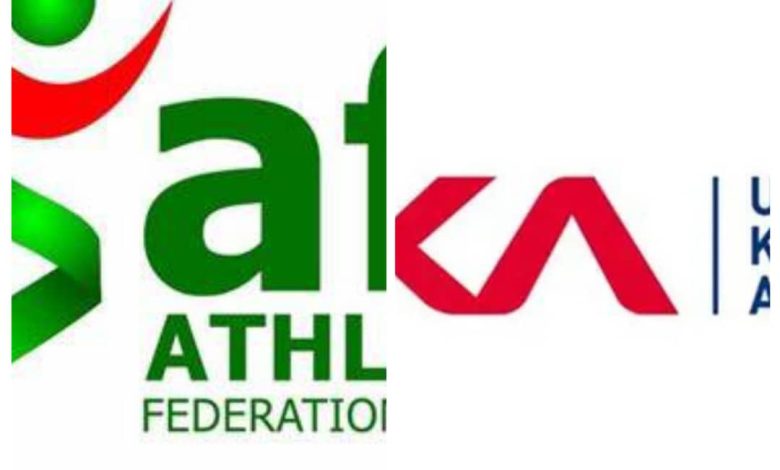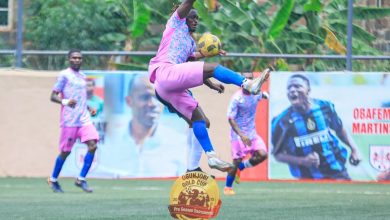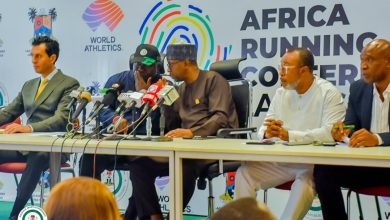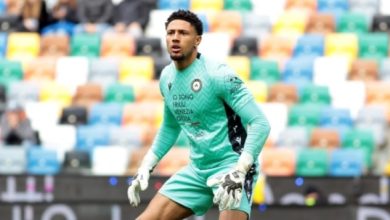UK Athletics shows the way, AFN stuck in the shadows of scandal

As UK Athletics (UKA) celebrates its first financial surplus in eight years, £107,588 after a record £3.7 million loss in 2023, Nigerian sports stakeholders are calling for urgent reform within the Athletics Federation of Nigeria, AFN, demanding it emulate UKA’s discipline and transparency.
But they insist that copying UKA’s success means first confronting the federation’s entrenched culture of corruption, nepotism, and mismanagement.
In 2023, an internal audit panel of the AFN uncovered a disturbing pattern of financial abuse and administrative malpractice.
According to the panel’s findings, federation funds, including annual registration fees from clubs and states, were routinely paid into private accounts.
Sponsorship money earmarked for specific events was diverted to unrelated activities, often through undocumented and unapproved loans. In some cases, sponsors’ funds were used to finance events outside the scope of the original agreements, with no accountability or documentation.
Stakeholders also raised alarms over the misuse of World Athletics grants. They allege that the government, which provides funding for Nigeria’s participation in the World Athletics Championships, is kept in the dark about the fact that World Athletics already covers travel and accommodation for qualified athletes and a quota of coaches.
Instead, individuals with no official role are flown to competitions in business class, using funds that should have been spent on athlete preparation and development.
This much was revealed by a member of the board of the Federation after the trip o the 20th World Athletics Championships in Tokyo, Japan.
‘This is not just mismanagement, it’s sabotage,’ one stakeholder said. ‘We have athletes training without shoes while board members fly business class to events they have no business attending.’
Some of the ‘board members’ are those illegally coopted without recourse to the Federation’s constitution and who have now been given frontline roles as heads of sub-committees, some of a committees that are above their understanding.
The panel concluded that the AFN’s leadership lacked the basic qualifications and professional integrity required to run a modern sports organisation.
In contrast, UK Athletics clawed its way back from near-bankruptcy by making tough decisions: cutting staff, streamlining operations, and securing strategic partnerships like its groundbreaking deal with the organisers of the London Marathon and Great North Run.
UKA chair Ian Beattie credited the turnaround to ‘hard decisions, careful management, and the commitment of a great many people.’
Nigerian stakeholders say the AFN must follow suit, but not just in structure. They argue that the federation must first shed its toxic tendencies and embrace meritocracy, transparency, and constitutional accountability.
‘Until we stop installing mediocrity and start demanding professionalism, the AFN will remain a beggar federation,’ one veteran administrator said.




